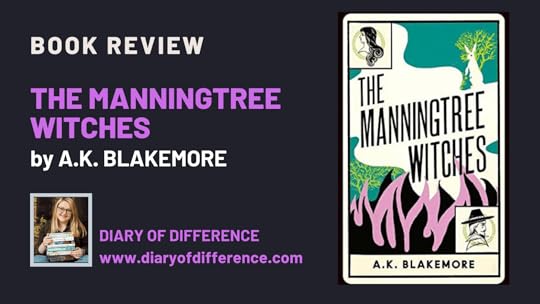What do you think?
Rate this book


320 pages, Kindle Edition
First published March 4, 2021
Winter lays down hard frosts, vitrifying the roads and the rooftops, enforcing seclusion and imposing fasts. Pigs freeze to death in their pens. News slows to a trickle. Letters go astray and are intercepted, the heart’s-blood missives of young lovers and the sober bulletins of generals alike. The rumour is that both armies are quartered away for Christmastide, but no definitive word on this subject arrives. An army is a very large thing to lose; losing two begins to look like carelessness. While marching orders and tactical directives deliquesce on the brumal winds, the pyrotechnics of imminent apocalypse shimmer just as rosily on the ice-bound horizon as they ever did. In Ipswich, a sorceress is seen shrieking down the Orwell on a pole, wielding lightning bolts. …………… In Manningtree itself there have been most strange and inexplicable happenings that could be accounted for only by infernal malice.
True winter refuses to leave, tantrums, threatens to scatter abjection all over the country again. Dark clouds flex and leer above the cursed cities and empty fields with a renewed sense of commitment to pathetic fallacy. Riding high. The world seems his; he thought it would feel better than it does.
